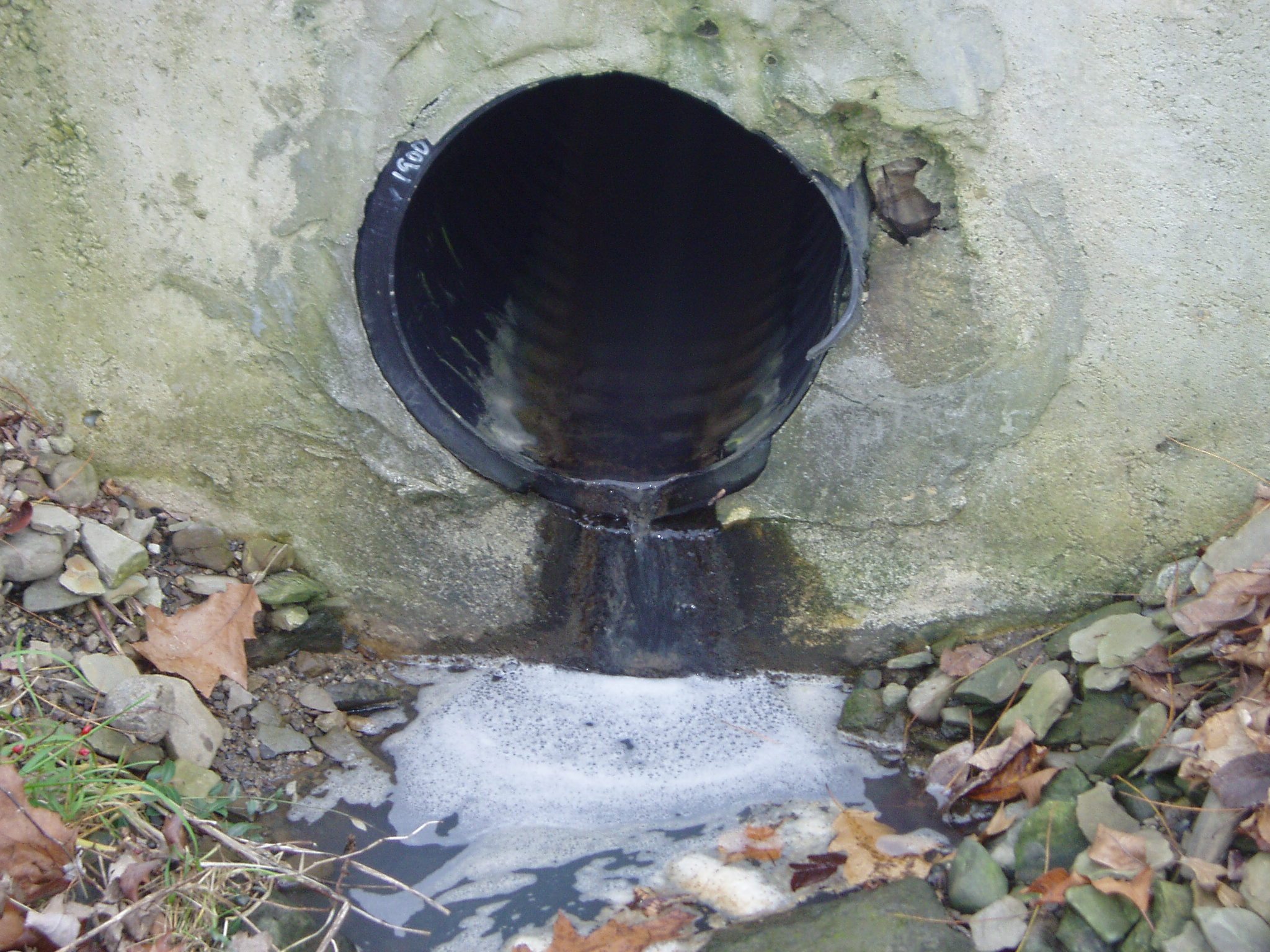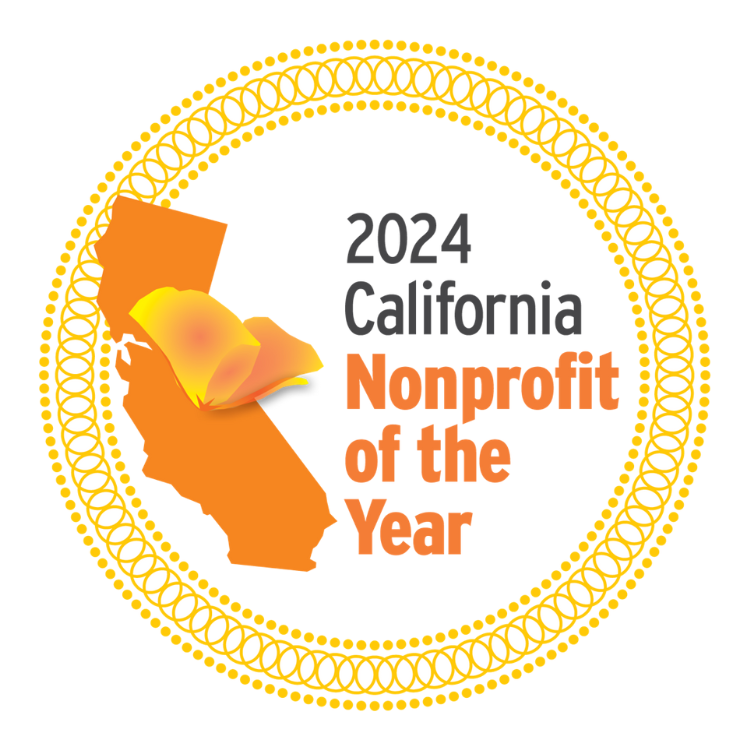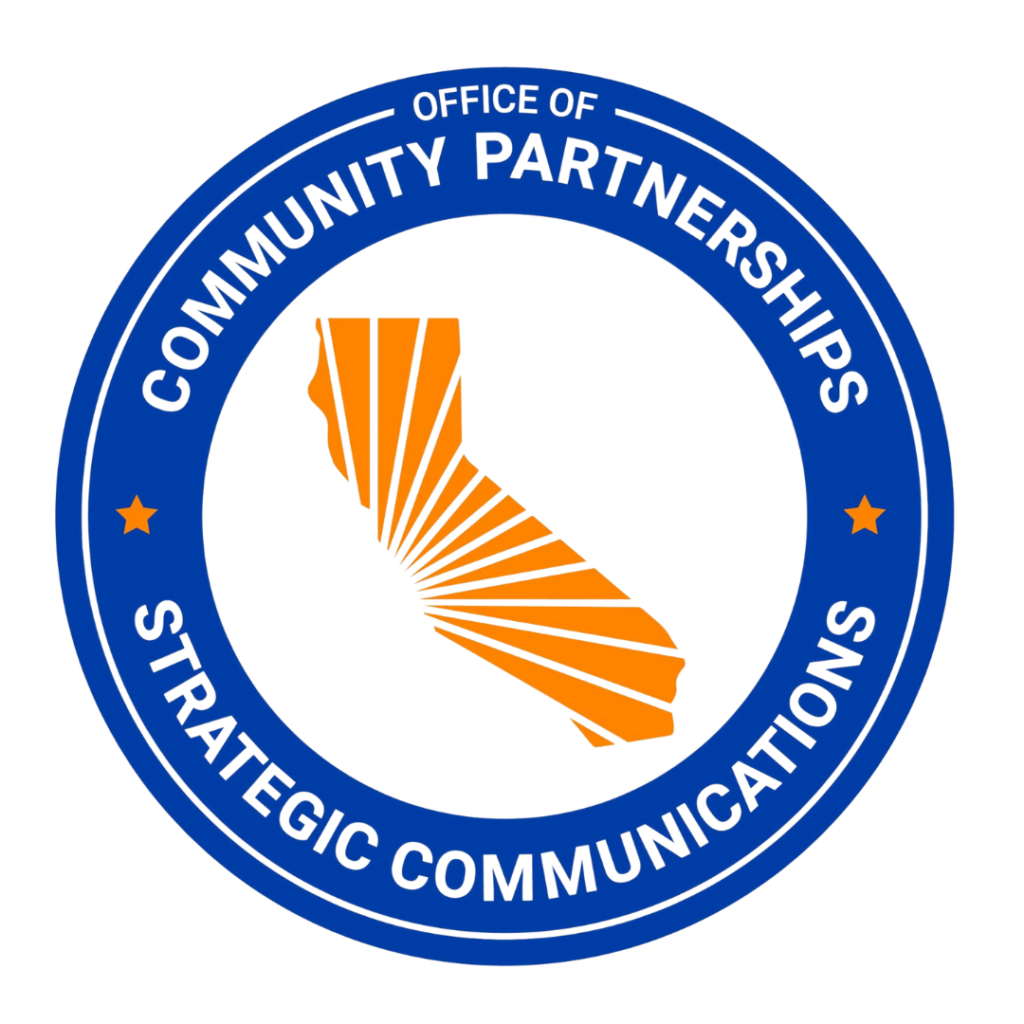Stormwater Pollution Prevention
Every time it rains, we have a pollution problem.
Stormwater pollution is the number one water quality problem for Orange County. Stormwater commonly contains heavy metals, such as copper, lead, and iron, trash, bacteria and pH-affecting contaminants, and accounts for more than half of the total pollution entering surface waters each year. In fact, many of Orange County’s waterbodies are impaired for some of the same pollutants found in stormwater.
If you watch the local television news after a major or even moderate winter storm, you will likely see a story showing beach closure or warning signs up and down the Southern California coast. The Orange County Health Care Agency will issue a public advisory warning people to avoid entering waterways, including the ocean, for three days after a storm to avoid stormwater-related illness.
How does Coastkeeper help?
As part of Coastkeeper’s efforts to protect our drinkable, fishable, swimmable and sustainable waters, we keep a close eye on regulatory processes that affect those waters. We want to ensure that the governmental agencies that oversee environmental regulation effectively execute the jobs they are entrusted to do.
That means that when an environmental regulator revises its procedures or modifies its restrictions, Coastkeeper is deeply involved in the process of change. This is especially true when the Regional Water Quality Control Board revises its MS4 Permit.
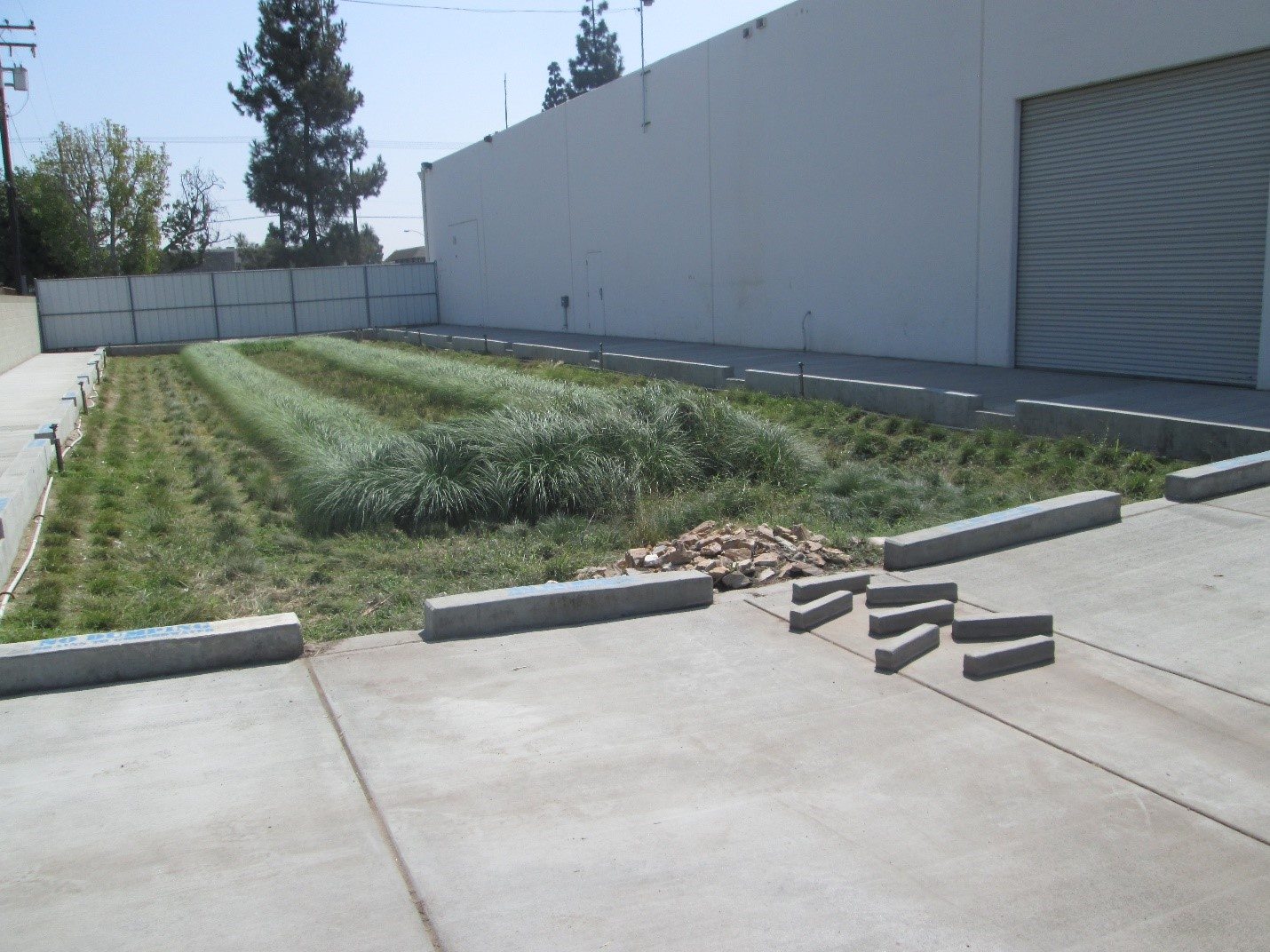
Following Coastkeeper’s legal action, an industrial facility installed a rain garden and habitat to treat polluted stormwater.
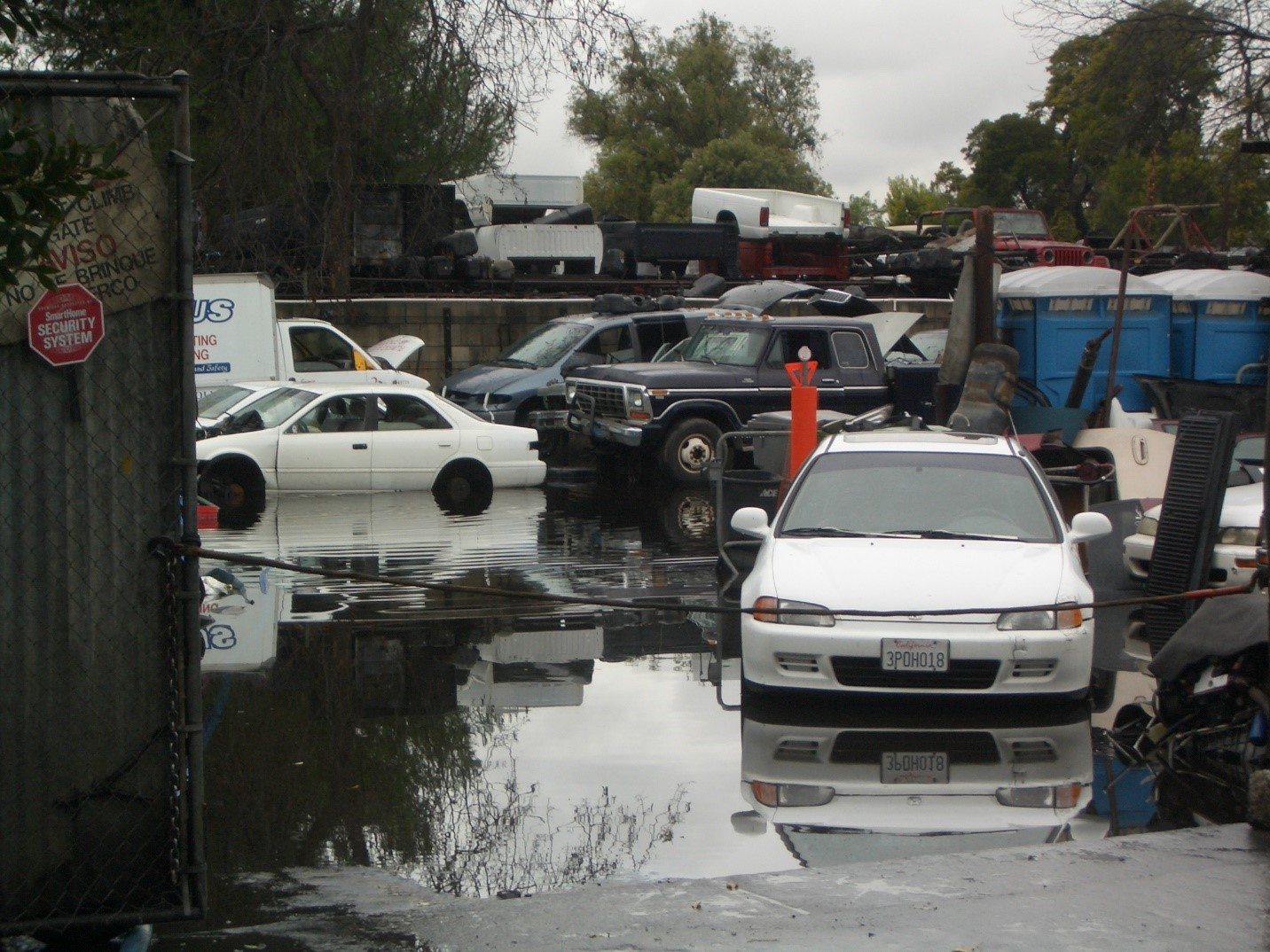
Stormwater polluted with metals and oil from an auto dismantler in Santa Ana.
MS4 Permits
What is an MS4 permit?
MS4 (Municipal Separate Storm Sewer Systems) permits regulate the uses of storm drain systems of cities or counties. These systems collect stormwater from streets, walkways, parking lots, business properties, industrial sites, landscapes and many other surfaces. That water is usually discharged, untreated, into a stream, river, bay or the Pacific Ocean.
Why are these permits important?
MS4 permits are vital to controlling the largest single source of surface water pollution – stormwater.
The goal of issuing MS4 permits to stormwater system operators is to prevent harmful levels of pollutants from being dumped into the stormwater drainage system, and eventually into our waterways and ocean. In order to operate under MS4 permits, operators must develop a stormwater management program that addresses these concerns.
How can I help keep our waters clean?
To make sure our waters are healthy and sustainable, we need the permits to strengthen with time. You can help by donating to our advocacy work, spreading the word about strong MS4 permits on social media and attending hearings to make your voice heard.
Stormwater Permit Monitoring
Stormwater Permits direct activities that improve water quality, but are little known by the public. Coastkeeper helps develop and enforce these permits to clean up our creeks, rivers and ocean.
Our Regional Water Quality Control Boards regulate discharges from medium and large municipal separate storm sewer systems (MS4s) through the Orange County, Riverside, San Bernardino and San Diego MS4 Permits. These permits are issued under the National Pollutant Discharge Elimination System (NPDES) Program and are renewed every five years. While unknown to the general public, MS4 permits are critical in protecting water quality. Coastkeeper is often the only environmental organization working on this important issue.
How Coastkeeper is involved.
MS4 permits are complicated legal documents that require a significant amount of time and money to develop and implement. Coastkeeper participates in the public process to develop the four MS4 permits in our service area and monitors compliance. Our monitoring activities include review of documents, tracking Total Maximum Daily Load (TMDL) implementation activities and water and trash monitoring by Coastkeeper staff and volunteers.
